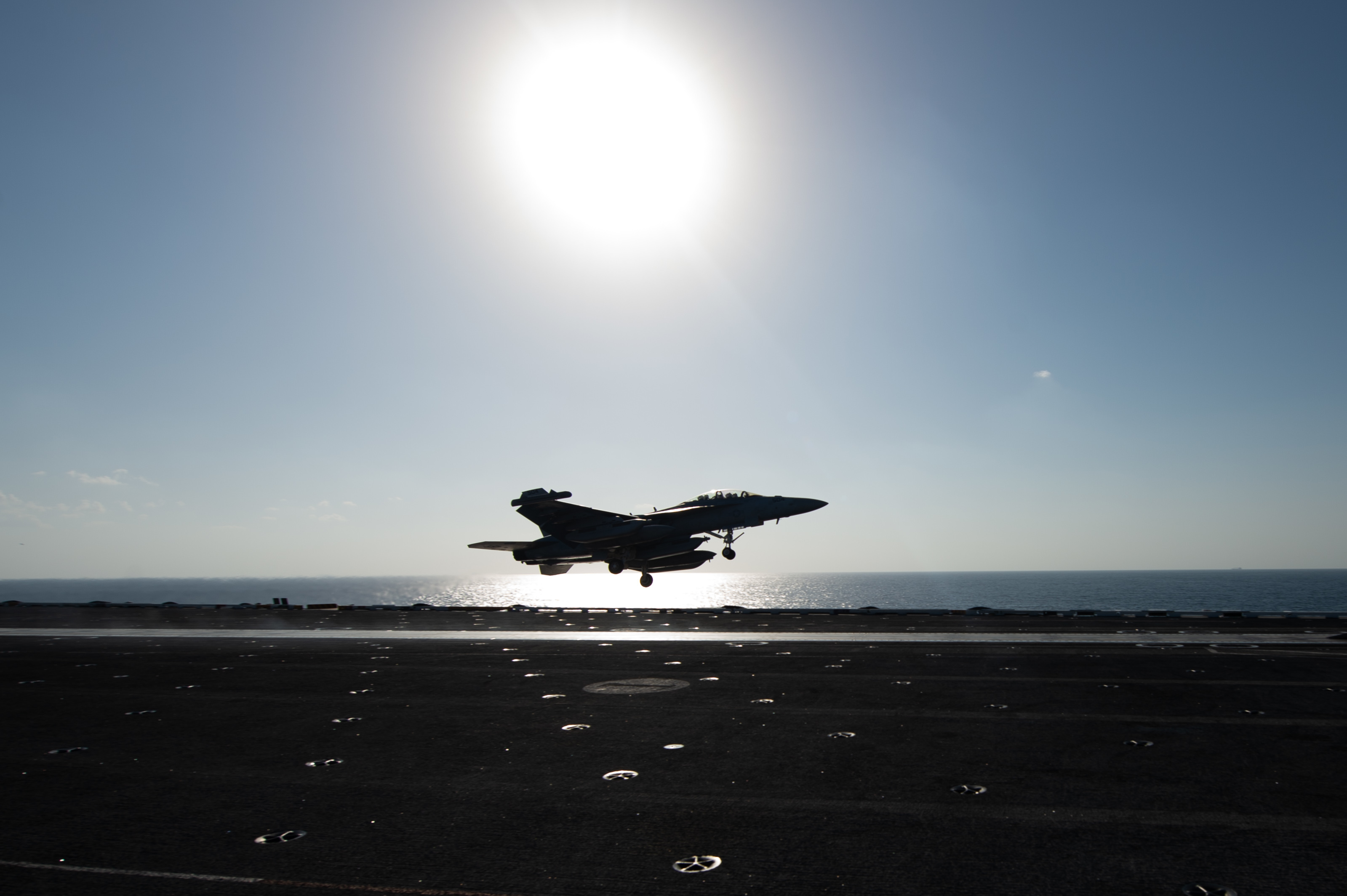
Report to Congress on U.S. Airborne Electronic Attack Programs
The following is the May 14, 2019 Congressional Research Service report, U.S. Airborne Electronic Attack Programs: Background and Issues for…
Copyright 2024 U.S. Naval Institute. All Rights Reserved.